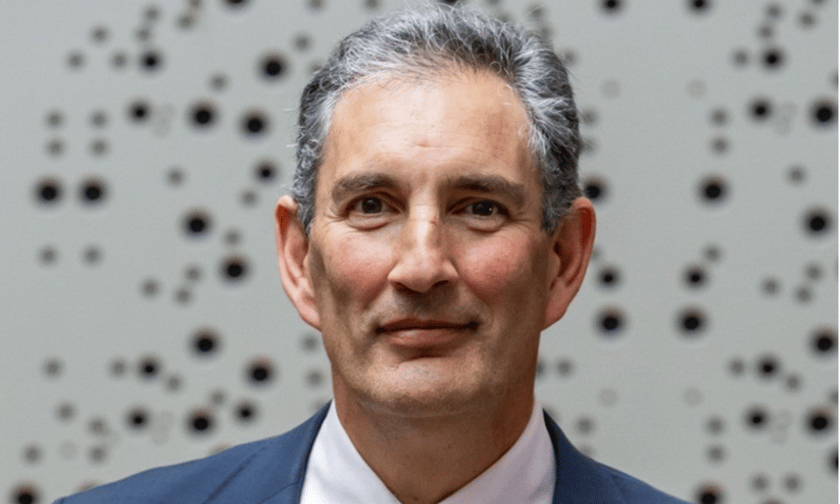

This week, Insurance Business is exploring the role of generalist and specialist brokers in Australia’s insurance market and how rising customer demands is one of their biggest industry challenges.
Some stakeholders have suggested that generalists come under more work pressures than specialists because they have to keep up to date across a wide range of portfolios. IB put this view to National Insurance Brokers Association (NIBA) CEO, Richard Klipin (pictured above).
“I would broadly agree with this sentiment,” he said. “Generalist brokers face unique challenges where they need to have a clear understanding across many lines and policy areas.”
Klipin suggested their broader remit means it can be more challenging for them to stay “ahead of the curve” in their education and professional development.
NIBA estimates that its membership comprises about 15,000 brokers and authorised representatives (ARs). Klipin confirmed that more of those brokers are generalists than specialists.
“Yes, in the current insurance broking landscape in Australia, there are more brokers who tend to be generalists as opposed to specialists,” he said.
However, he also said that a rigid differentiation between the definition of a generalist and specialist broker is “probably not a very helpful way of understanding the current market.”
He gave the example of large brokerages that employ numerous specialist brokers who work with clients in different industries but then also have “a healthy mix of talent inside those brokerages who would be looking into all kinds of enquiries.”
The NIBA CEO pointed to other ways of looking at the different skills of brokers across the profession that together form a “complex portrait.”
“There is also remarkable breadth and diversity in the clientele between brokers that work in metropolitan cities vs those working in the regions,” said Klipin. “The role of a broker – generalist or otherwise – is to be seen as a trusted partner who helps Australian families, businesses, and the community to thrive.
One approach to considering the different roles of the more generalist brokers versus specialists is through the customers they serve.
Klipin said a generalist broker may service a client base that includes:
“On the other hand, a specialist broker’s clients are determined by the specialised sector, segment, industry, business type and client need that requires that kind of expertise,” he said.
“I think the Australian market is particularly challenging,” said Sam Weaver, general manager for Coalition, a specialist cyber underwriting agency. He was referring to how most local brokers are generalists and can face an uphill battle staying on top of a wide range of portfolios and covers.
“I moved here last year from the US where brokers have really generally moved to a specialty model,” said Sydney-based Weaver. “There, brokers are solely focused on professional lines, or directors and officers (D&O) liability, or property, or cyber.”
He agreed that rising customer demands are one of a broker’s biggest challenges.
Lewis Patton, managing director of Artisan Underwriting, gave another perspective on the issue of demanding customers.
“People generally are probably getting lazier - and that includes brokers and consumers,” he said. “The hardest thing for us is to be able to provide risk selection, measured underwriting, but still make it easy for the broker because they are unforgiving, because their clients are.
A recent McKinsey & Company report provided insights into where brokers can expect customer demands to evolve in the future.
The report, State of the Consumer 2024: What’s now and what’s next, suggested that in countries, including Australia, the economically squeezed middle class, despite conventional wisdom, are expected to continue to spend relatively large amounts of income on discretionary items. One insurance-relevant area is travel.
If broader retail habits are an indication, brokers could find that maintaining customer loyalty, across all age brackets, is an increasing problem. The report found that roughly half of consumers are happy to regularly switch brands and products.
The report said companies of all kinds, including insurance firms, need to develop “microtargeting capabilities” to better identify their customers.
Are you an insurance broker? What sorts of work and customer pressures are you facing?
